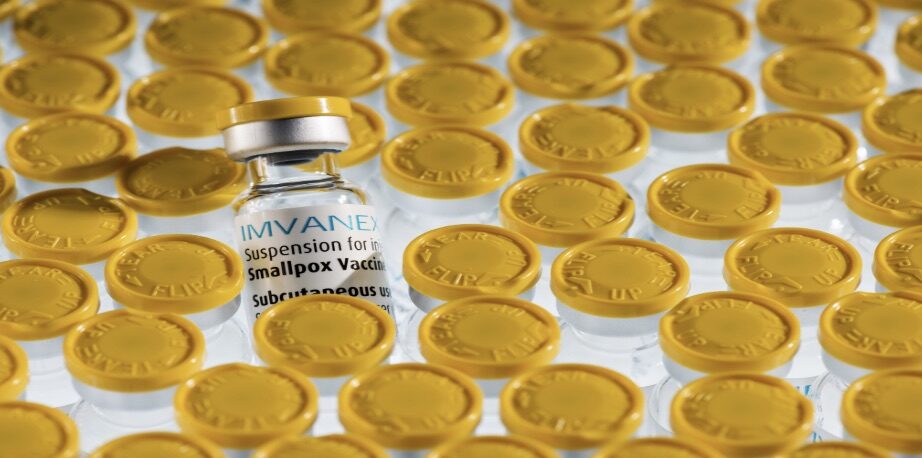


More than 5,000 cases of monkeypox have been documented and reported in 49 different nations. Of these, 84 percent of the confirmed monkeypox cases were reported in European nations. A total of 349 cases of monkeypox have been confirmed in Canada, according to information provided by the Public Health Agency of Canada on June 24. However, there is no need to worry because CRC Health Centre will deliver you with all the information you need to know about monkeypox.
What is monkeypox virus?
Monkeypox (MPXV) is classified in one of the four genera Orthopoxviruses of the Poxviridae family that are harmful to humans, along with variola virus, vaccinia virus and vaccinia virus. The West African clade and the Congo Basin clade are the two subclades of monkeypox viruses. At this time, virus sequencing studies from a few cases in non-endemic countries revealed West African branches.


The monkeypox virus can persist on soil, crusts and clothing for several months and is resistant to drying, low temperatures and abrasion. Monkeypox is sensitive to heat and can be rendered inactive by heating to 56°C for 30 minutes or 60°C for 10 minutes. In addition to ultraviolet rays and general disinfectants, monkeypox is susceptible to formaldehyde, paraformaldehyde, glutaraldehyde, sodium hypochlorite and chloroxylenol.
What is the source of infection?

The main source of infection is rodents infected with monkeypox virus. Primates (including monkeys, chimpanzees, humans, etc.) can also become sources of infection after infection. African rodents, such as dormice, tree squirrels, gambian kangaroos and African squirrels, are the primary hosts of the monkeypox virus.
What is the route of transmission?
The two major ways it spreads are through close contact between people and through droplets. Mucous membranes and open skin wounds are entry points for viruses into the human body; getting bitten or scratched by an infected animal is another common way for humans to become infected with animals that have the disease. The virus can also spread vertically through the placenta and through direct contact with infected objects though sexual transmission cannot be ruled out.
Is the crowd susceptible?

The population is generally susceptible; those who received the smallpox vaccine in the past have some degree of cross-protection against the monkeypox virus. However, for an infected individual, until the pustules crust over, fall off and new skin grows, they are contagious.
What are the symptoms?
The incubation phase lasts 5 – 21 days, with 6 – 13 days being the typical duration. In the early stages of the illness, chills and fever are frequent and the body temperature is frequently higher than 38.5 °C. Other signs and symptoms include headache, fatigue, lethargy, back discomfort and myalgia. Most patients have enlarged lymph nodes in their neck, armpits and groin when they first test positive before a rash appears. Sepsis, bronchopneumonia, encephalitis, and secondary bacterial infections at the skin lesions can all occur in some circumstances. Monkeypox often has a good prognosis and a self-limiting course of illness. Young children and immunocompromised people typically encounter severe cases as the prognosis relies on the viral branch of the infection, the level of virus exposure, the patient’s prior health and the severity of sequelae.

How to prevent monkeypox?
If you have any suspicions about symptoms, please isolate yourself, cover any rashes and call the medical professionals to check the next measures. The best general preventive measures are to wash your hands frequently, wear a mask, clean used, foreign and dirty objects with gloves and wash your clothes in the washing machine with laundry detergent and hot water above 70°C.

How to treat monkeypox?
The majority of people that have tested positive only require painkillers and reducers. It is important for them to maintain proper hydration and treat complications. No particular antiviral drugs have been demonstrated in clinical trials to benefit humans. Antiviral medicines that have been clinically tested on animals may be an option for people with severely severe monkeypox.
Is there a vaccination?
People who have had close contact with a confirmed case of monkeypox are given Imvamune which can lessen both the severity of the disease’s symptoms and the likelihood of developing it. No recommendation is in place right now that encourages the general public to receive this vaccine.